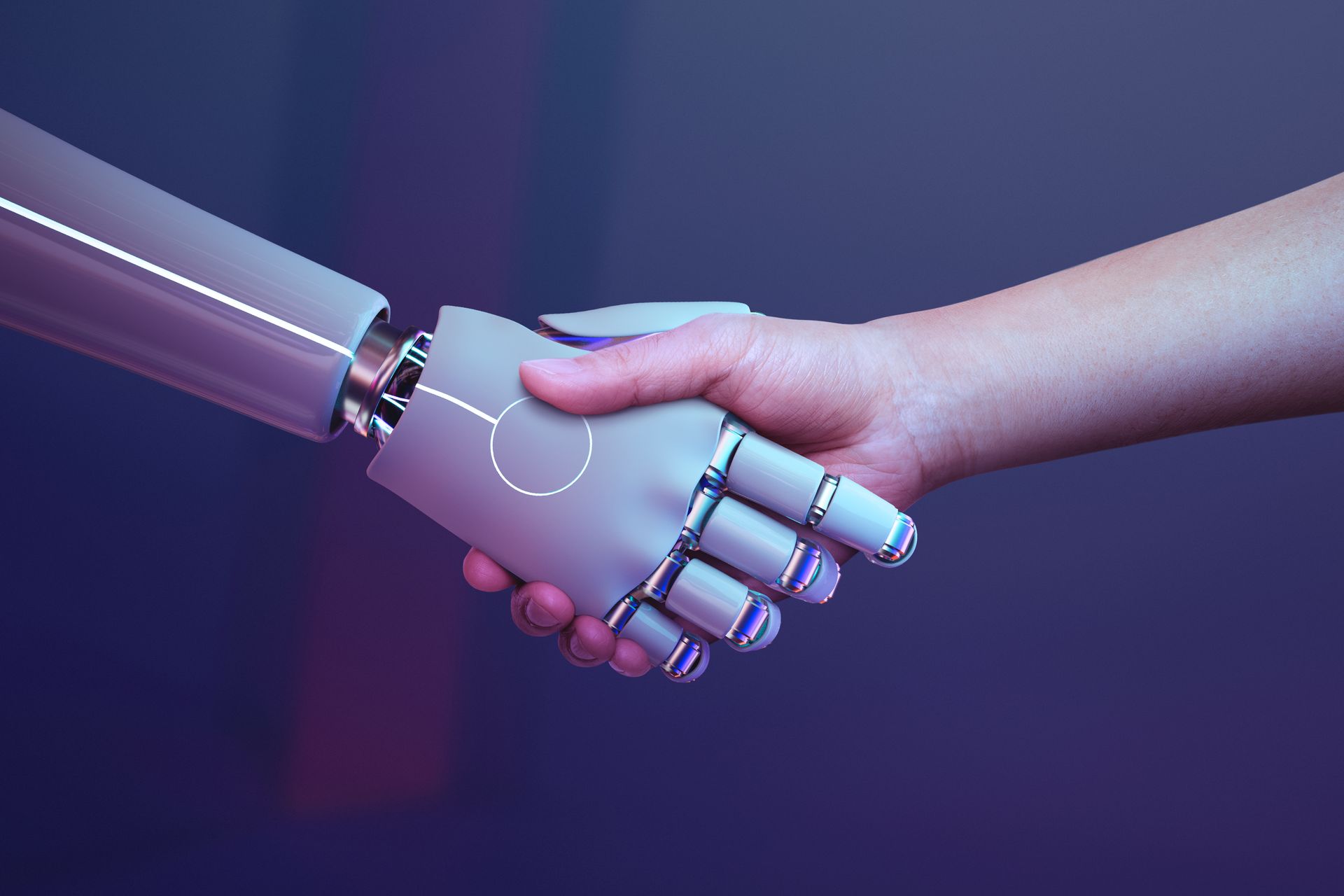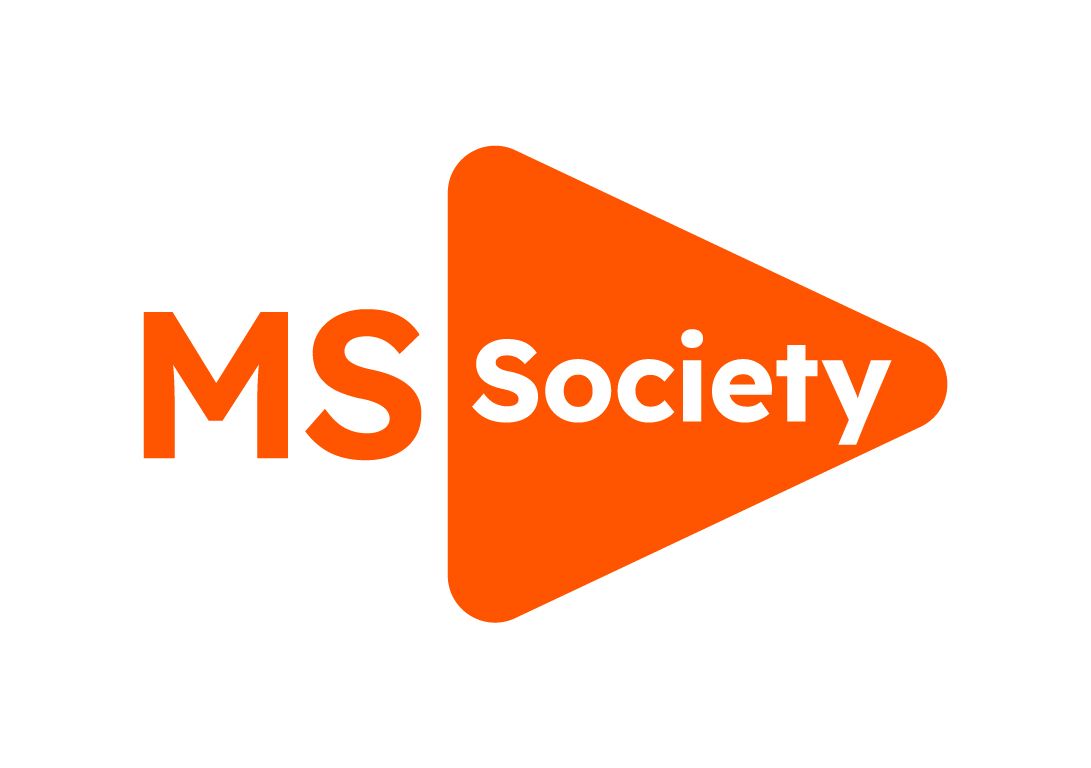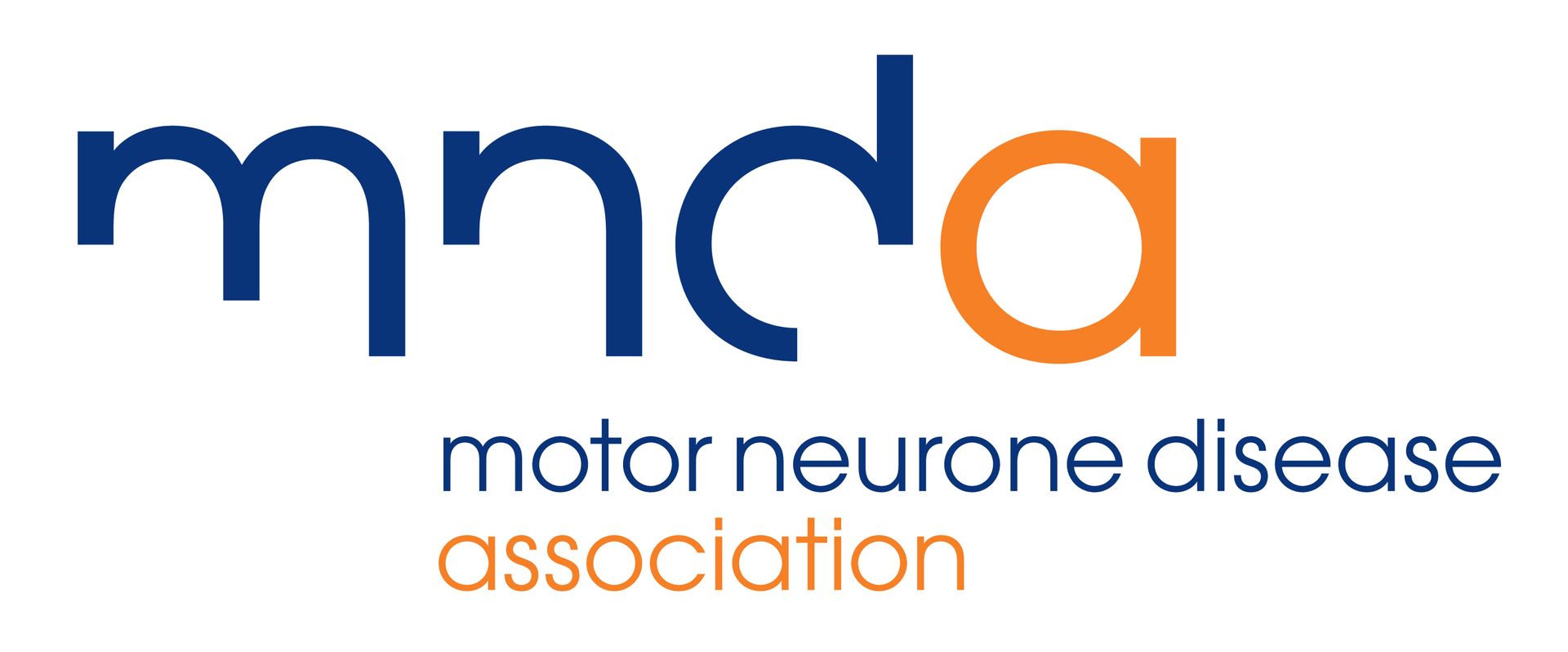The Use of AI in Marketing: Pro or Con?
Artificial Intelligence (AI) has become a game-changer in many industries, and marketing is no exception. With its ability to analyse massive amounts of data and automate processes, AI is transforming the way businesses interact with their customers. But as with any emerging technology, there are pros and cons to its integration into marketing strategies. Let’s break it down.
The Pros of AI in Marketing
- Enhanced Customer Insights and Personalization AI can process vast amounts of customer data to uncover patterns and preferences. This allows businesses to segment their audience more precisely and deliver personalized content, offers, and recommendations. For example, streaming platforms like Netflix use AI to analyse viewing habits and suggest shows tailored to individual tastes. Personalized marketing leads to higher engagement, conversions, and customer loyalty.
- Automation of Routine Tasks Marketing involves numerous repetitive tasks—responding to customer inquiries, sending emails, and updating social media accounts, just to name a few. AI tools like chatbots, automated email campaigns, and social media scheduling tools help streamline these tasks, freeing up time for marketing teams to focus on strategy and creative initiatives. Automation also reduces human error and enhances consistency in communication.
- Improved Targeting and Ad Optimization AI has revolutionized digital advertising by enabling better targeting and real-time optimization. Machine learning algorithms can analyse user behaviour and predict which ads will perform best with specific audiences. For example, AI can help marketers place ads where they are most likely to generate clicks and conversions, maximizing return on investment (ROI). It can even optimize ads during campaigns by adjusting messaging or targeting based on user interaction data.
- Better Customer Experience AI can enhance the overall customer experience by providing instant responses and personalized recommendations. Chatbots, powered by natural language processing (NLP), allow brands to engage with customers 24/7, answer questions, resolve issues, and guide users through sales funnels. The ability to offer real-time assistance improves customer satisfaction and can drive sales.
- Data-Driven Decisions One of the most significant advantages of AI is its ability to sift through massive amounts of data quickly and make sense of it. Marketers can leverage AI to predict customer behaviour's, track the performance of campaigns, and identify trends that might be otherwise invisible. With AI-backed analytics, decisions are more informed, reducing the risk of costly mistakes.
The Cons of AI in Marketing
- Loss of Human Touch While AI can personalize marketing efforts, there’s a risk that it could lead to a lack of human connection. Over-reliance on AI-driven messaging and automation might alienate customers who prefer personal interactions. Many consumers value authentic, human engagement, and if AI overpowers that aspect of marketing, it may cause brands to lose their genuine appeal.
- Data Privacy Concerns AI-driven marketing relies heavily on consumer data to deliver targeted content and ads. While this improves personalization, it also raises concerns about privacy and data security. With strict data protection laws like GDPR in place, marketers need to be extra cautious about how they collect, store, and use consumer data. Any breach or misuse of personal information could damage a brand’s reputation and lead to legal consequences.
- High Implementation Costs Developing and integrating AI into marketing systems can be expensive. Small businesses, in particular, may find it challenging to afford advanced AI tools and hire the necessary talent to manage them. Although AI can ultimately increase efficiency, the upfront investment may be a barrier for some companies.
- Bias in Algorithms AI systems are only as good as the data they are trained on. If the data contains inherent biases, AI can unintentionally perpetuate those biases, leading to skewed marketing efforts. For example, an AI algorithm designed to target ads for job postings may inadvertently exclude certain demographic groups if it’s trained on biased data. Marketers need to carefully monitor and address any bias to ensure fairness and inclusivity in their campaigns.
- Dependency on Technology Over-reliance on AI in marketing can create challenges if the technology fails or is disrupted. If marketers don’t have a solid backup plan or the expertise to handle manual interventions, they may struggle to adapt when technology encounters issues. Additionally, AI is not perfect and may make mistakes, which can have a negative impact on the customer experience or lead to misguided campaigns.
Conclusion: A Balancing Act
AI in marketing offers undeniable benefits, particularly in terms of efficiency, personalization, and data-driven insights. However, there are challenges that come with its implementation, including ethical concerns, privacy risks, and the potential loss of the human element that makes marketing truly effective.
To harness the power of AI while mitigating its drawbacks, marketers should strike a balance. AI should be used as a tool to complement human creativity and strategy, rather than replace it entirely. By combining AI’s capabilities with human insight, businesses can create marketing campaigns that are not only efficient and data-driven but also emotionally resonant and customer-focused.
In the end, whether AI in marketing is a pro or con depends largely on how it is used. Embracing AI responsibly and ethically can unlock tremendous potential, but over-reliance or careless implementation could backfire. It’s up to marketers to navigate this exciting technological frontier with caution, creativity, and a clear focus on the customer experience.





























